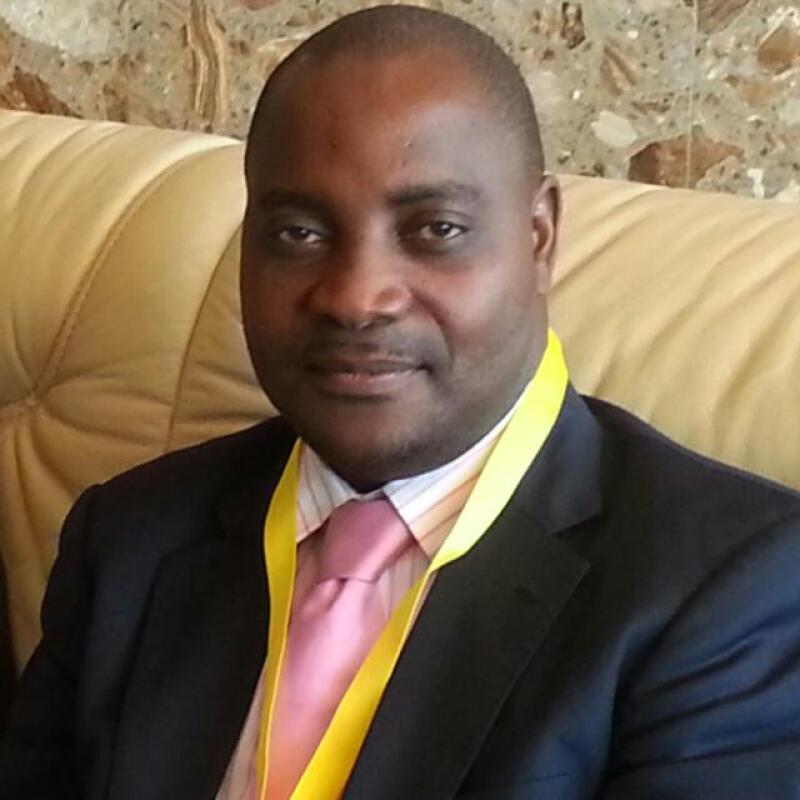
The African Regional Intellectual Property Organisation (ARIPO) is one of the two regional IP offices in Africa, the other being Organisation Africaine de la Propriété Intellectuelle (OAPI).
ARIPO has 19 member states, while OAPI has 17 members. The latest members of ARIPO are Mozambique and São Tomé and Príncipe.
Making Banjul attractive
Both offices operate different regimes: application and grant by OAPI automatically has unitary effect in all member states, whereas this is not the case in ARIPO as member states have to ratify and implement the Protocols.
This is why, for example, IP practitioners do not think the Banjul Protocol is as effective in comparison to the trade mark system operated by OAPI, which last year joined the Madrid System. The main challenge for ARIPO is domestic implementation of its Protocols.
Dos Santos said that ARIPO is addressing this concern by engaging with its members, through various capacity-building and awareness initiatives, and considering amending its Protocols to make them more attractive.
For example, the Banjul Protocol has been amended to introduce an individual fee structure similar the Madrid System; this will ensure national offices receive the fees charged on applications, thus encouraging more ratifications and, most importantly, domestic implementation. Other proposals to amend the Protocol will be considered later this year. “I hope these amendments will encourage member states to join the Protocol [Banjul], and attract more users,” he told Managing IP.
Dos Santos also provided some filing statistics which show an upward trend, though not as high as he would like to see. Last year ARIPO received 835 patent applications and 363 trade mark applications. “This trend is expected to continue in the current year,” he said.
Expanded mandate
ARIPO now has mandate from its member states to cover other fields of IP including plant varieties. In the interview, Dos Santos responded to criticisms concerning the ARIPO Protocol for the Protection of New Varieties of Plants, which was adopted earlier this month.
He said: “Member states will obviously review this Protocol [Arusha Protocol] to see if the time is ripe for them to join, and indeed if it meets their peculiar needs. ARIPO does not compel member states to join all the Protocols.”
PAIPO
Together ARIPO and OAPI cover 36 of the 54 countries in Africa. However, three important economies in Africa remain outsiders: Egypt, Nigeria and South Africa.
This has generated speculation that both offices may merge, and that these economies, especially South Africa, may favour the establishment of the Pan African Intellectual Property Office (PAIPO) – an office expected to exist alongside ARIPO and OAPI.
This scenario does not concern Dos Santos. “[I] do not think that PAIPO will threaten or overshadow ARIPO and OAPI. The role of ARIPO and OAPI is very clear, and their contribution to the development of the IP system in the continent is undeniable,” he said.
Inside ARIPO and future plans
The interview also provided insight into ARIPO’s ground-breaking ICT project, funding arrangements and international partners. Dos Santos revealed how ARIPO gets the best out of its staff, and its five-year plan, and said: “[I] have pledged to use the best years of my life to serve the continent in the area of IP.”
Read the full interview (Managing IP subscription or free trial required)











